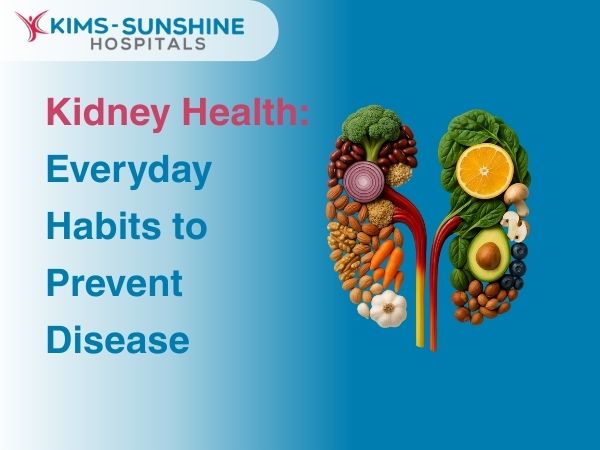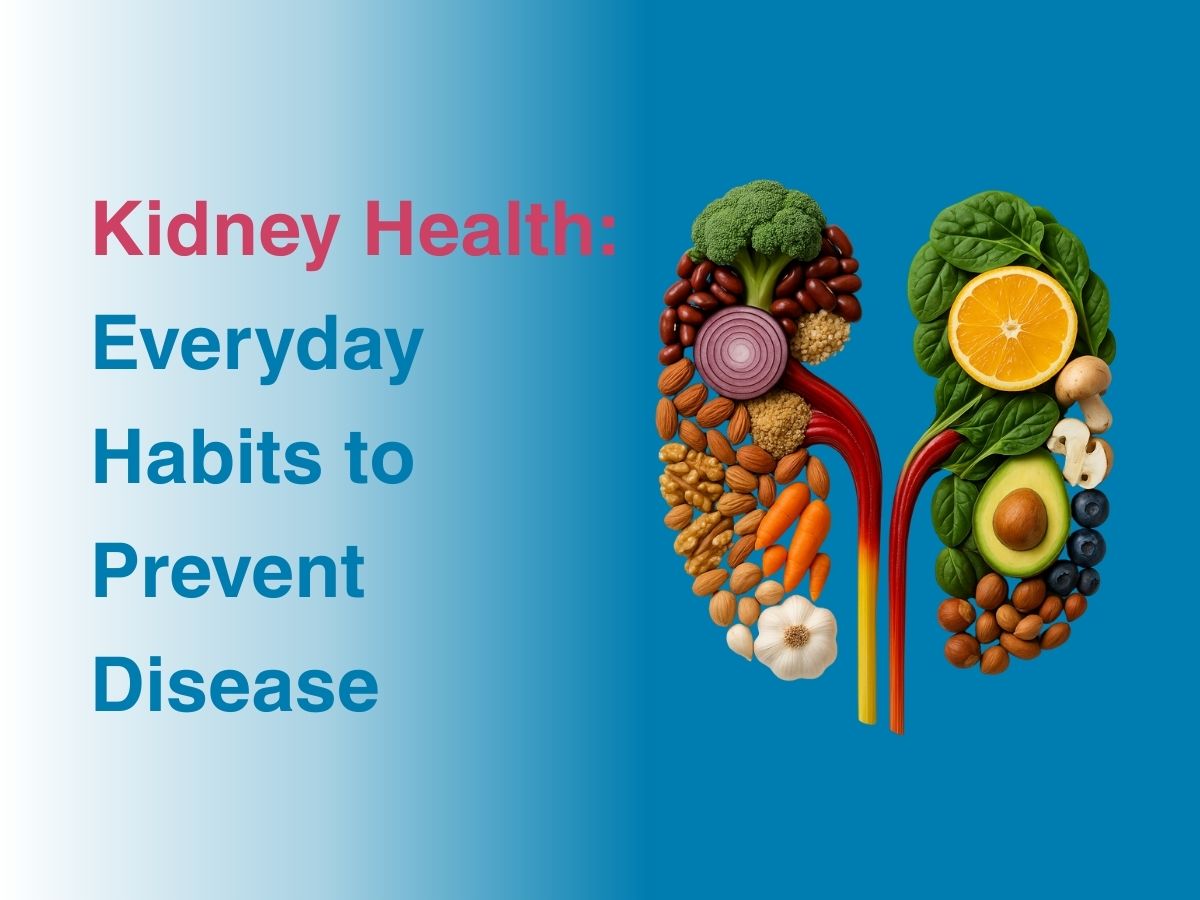
Indian Diet Plan for PCOS: Tasty, Healthy, and Easy to Follow

Polycystic ovarian syndrome is a common hormonal problem in women of reproductive age. This happens due to increased levels of androgens in women, leading to disturbances in the menstrual cycle by delaying menses, causing excessive unwanted facial hair growth, acne, weight gain, mood swings and infertility. The origin of this condition and causes are not clearly known but stress, unhealthy lifestyle, family history of diabetes are some causes of this condition. It is a widespread endocrine disorder in India with a prevalence rate varying, as every 1 in 5 women is affected by it. Even with high prevalence, PCOS is still under-researched and under-diagnosed or neglected in India as a common problem.
Indian PCOS Diet Chart
PCOS is primarily a hormonal problem and a poor diet and sedentary routine are mostly implicated as the cause. It hence makes sense to prioritise good food and moderate amounts of exercise on a daily basis, so you can get better. You may be asked to lose weight, but your body will still need nutrients to function. Here are some meal ideas we think are easy to follow, if you have been diagnosed with PCOS.
- Foods for breakfast (8-8.30am): idly with sambar and chutney, slices of brown bread with low fat cheese and boiled eggs, Chapathi with paneer curries, Methi paranthas, Vegetable oats upma, Mix veg poha and low fat milk, Besan cheela and green chutney.
- Foods for mid day (11-11.30 am) / evening snacks (4-4.30pm): sprouts, fruit like orange, papaya, plum, apple, guava, strawberries lentils like boiled black chana, boiled chana, raw vegetable salad with yogurt, also can include rice flake recipes like dry poha.
- Lunch (1-1.30pm) / dinner (8-8.30pm): include Indian breads like roti and brown rice, green leafy curries prepared with spinach, fenugreek and vegetable curries like capsicum, cluster beans, cabbage, ridge gourd, bottle gourd, ladies finger, green beans, lentils like dal’s and protein foods paneer, chicken, fish, egg. Include side accompaniments like salads including vegetables like cucumber, carrots, onions, raita and low fat curd.
These foods are high in protein, dietary fibers and low in glycaemic index and help in reducing weight and control blood sugar levels. Eating the right food at the right time is crucial and beneficial in the long term management of this condition.
Spices And Herbs For PCOS Management
- Cinnamon – as it has insulin-like activity, it increases the glucose uptake and glycogen production in the body, increasing insulin sensitivity. It also helps in reducing blood fat and glucose levels.
- Fennel or saunf: it has oestrogenic active agent as it reduces abnormal oestrogen production, reduces the uterine epithelial thickness, increases progesterone and endometrial thickness.
- Licorice: helps to avoid adverse effects of PCOD induced diabetes in women.
- Flax: these seeds are rich in fat, protein fiber, amino acids, vitamin A, B, D, E, minerals and omega 3. It also has lignans which helps in lowering androgens levels in PCOS associated with hirsutism, menstrual complaints and obesity.
- Turmeric: reduces follicular sheath and improves formation of corpus luteum, ovulation and fertility in women with PCOS. They also suppress serum progesterone and elevate estradiol, they act as anti-hyperlipidemic, have antioxidants & hypoglycaemic effects.
- Pudina/ spear mint: it improves ovarian cysts on PCOS, regulates blood ratio of LH and FSH levels in PCOS. It has anti-androgenic properties, decreases free or total testosterone levels which reduces hirsutism in PCOS women.
Women With PCOS Should Remember
Before starting the diet, PCOS women should remember that consuming refined carbs can spike glucose levels, insulin levels and should be avoided. These foods lack fiber which is the main factor for sugar spike. High fat & high cholesterol foods can lead to obesity; foods like red meat, milk products have saturated fats that increase oestrogen production and abnormal food absorption. High glycaemic index foods like dates, potatoes, grapes and water melons should be consumed in moderation as they can spike sugar levels and cause you to gain weight. Increased weight and stubborn fat deposition is a key characteristic of PCOS.
Conclusion
PCOS is not a single disease but a combination of multiple systemic involvements. The use of proper medications, diet and physical activities are recommended as it can help your hormones regulate themselves better. In recent times, PCOS is one of the major causes of infertility in women. Sedentary life styles and excessive stress are considered known causes. Reducing cravings, avoiding fat, processed foods and changing your lifestyle slowly, so you get more active can help you a lot and reduce chances of developing complications later on. Schedule an appointment with our endocrinologist today!






